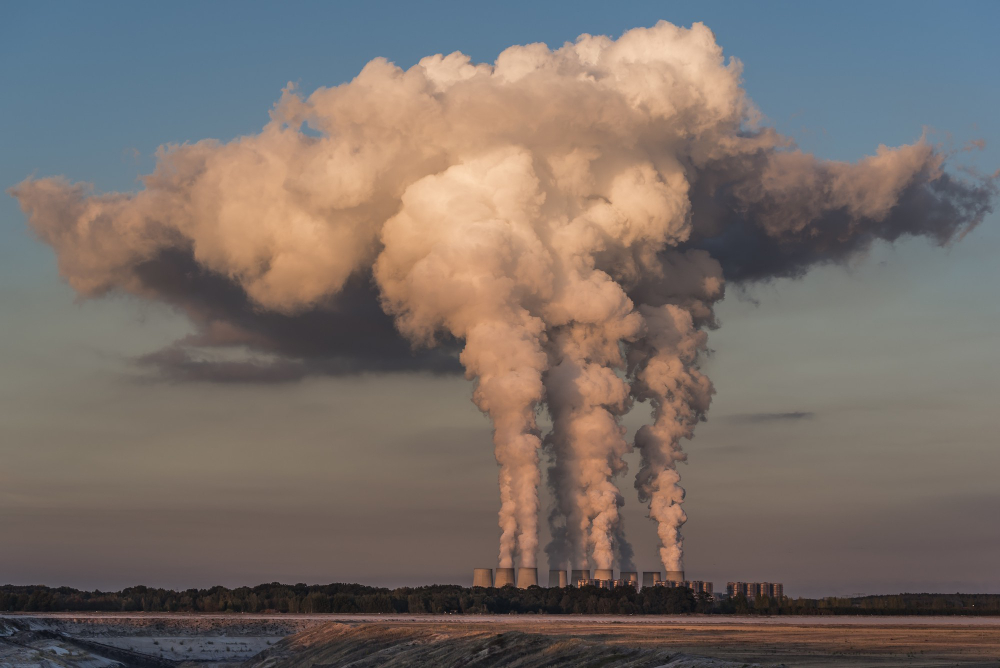Climate change is one of the most pressing challenges facing humanity today. It is already having a significant impact on human health, and this impact is only going to grow more severe in the years to come.
Climate Change Impact on World Population Health: A Looming Crisis

Climate change is causing a variety of health problems, including:
- Heat-related illnesses: Heat waves are becoming more frequent and severe due to climate change. This is leading to an increase in heat-related illnesses, such as heat stroke and heat exhaustion.
- Respiratory illnesses: Air quality is also worsening due to climate disruption. This is leading to an increase in respiratory illnesses, such as asthma and chronic obstructive pulmonary disease (COPD).
- Infectious diseases: Climate change is expanding the range of disease-carrying mosquitoes and ticks. This is leading to an increase in infectious diseases, such as malaria, dengue fever, and Lyme disease.
- Food and water insecurity: Climate change is disrupting food and water systems. This is leading to an increase in malnutrition and foodborne illnesses.
- Mental health problems: Climate change is also having a negative impact on mental health. People are experiencing increased levels of anxiety, depression, and post-traumatic stress disorder (PTSD) due to the impacts of climate disruption, such as extreme weather events and displacement.
The impact of climate change on human health is particularly severe for vulnerable populations, such as children, the elderly, and people with chronic health conditions.
The Impact of Climate Change on Human Health in Different Parts of the World
The impact of climate change on human health is already being felt in all parts of the world. However, some regions are more vulnerable than others.
Africa: Africa is particularly vulnerable to the impacts of climate disruption on human health. This is because Africa is a continent with a high burden of disease and poverty. Additionally, Africa is experiencing a rapid population growth, which is putting additional strain on resources.
Asia: Asia is also particularly vulnerable to the impacts of climate change on human health. This is because Asia is home to some of the most densely populated cities in the world. Additionally, Asia is experiencing rapid economic development, which is leading to increased air pollution.
Latin America: Latin America is also vulnerable to the impacts of climate instability on human health. This is because Latin America is experiencing a rapid increase in urbanization. Additionally, Latin America is home to some of the most biodiverse regions in the world, which makes it vulnerable to the spread of infectious diseases.
Europe: Europe is also vulnerable to the impacts of climate change on human health. This is because Europe is experiencing an aging population. Additionally, Europe is experiencing a rise in extreme weather events, such as heat waves and floods.
North America: North America is also vulnerable to the impacts of climate change on human health. This is because North America is experiencing a rise in extreme weather events, such as hurricanes and wildfires. Additionally, North America has a high prevalence of chronic diseases, such as obesity and diabetes.
What Can Be Done to Protect Human Health from the Impacts of Climate Change?
There are a number of things that can be done to protect human health from the impacts of climate change. These include:
- Reducing greenhouse gas emissions: This is the most important thing that can be done to mitigate the impacts of climate instability on human health. Greenhouse gas emissions can be reduced by switching to renewable energy sources, such as solar and wind power, and by improving energy efficiency.
- Investing in public health: Investing in public health systems will help to protect people from the impacts of climate instability. This includes investing in disease surveillance, early warning systems, and access to healthcare.
- Building resilient communities: Building resilient communities will help to reduce the impacts of climate change on human health. This includes investing in infrastructure that can withstand extreme weather events and in social safety nets that can support people who are displaced by climate change.
Frequently Asked Questions (FAQs)
Q: What is the biggest threat to human health from climate change?
A: The biggest threat to human health from climate instability is the increase in extreme weather events. Extreme weather events can cause death, injury, and displacement. They can also damage infrastructure and disrupt essential services, such as access to food and water.
Q: What are the most vulnerable populations to the impacts of climate instability on human health?
A: The most vulnerable populations to the impacts of climate crisis on human health are children, the elderly, and people with chronic health conditions. These populations are more likely to be affected by heat waves, air pollution, and infectious diseases.
Q: What can I do to protect myself from the impacts of climate change on human health?
A: There are a number of things you can do to protect yourself from the impacts of climate change on human health. These include:
Here are some additional things you can do to protect yourself from the impacts of climate instability on human health:
- Staying hydrated, especially during hot weather.
- Avoiding strenuous activity during hot weather.
- Wearing loose-fitting, light-colored clothing during hot weather.
- Seeking shade during hot weather.
- Using air conditioning during hot weather.
- Getting vaccinated against infectious diseases.
- Eating a healthy diet.
- Exercising regularly.
- Managing stress.
Conclusion
The impact of climate change on human health is a serious threat. However, there are a number of things that can be done to protect human health from the impacts of climate change. These include reducing greenhouse gas emissions, investing in public health, and building resilient communities.
Individuals can also take steps to protect themselves from the impacts of climate change on human health, such as staying hydrated, avoiding strenuous activity during hot weather, and getting vaccinated against infectious diseases.
It is important to note that climate instability is a complex issue with a wide range of impacts. The article above provides a general overview of the impact of climate change on human health. For more information on specific impacts, please consult with a healthcare professional or other relevant expert.
